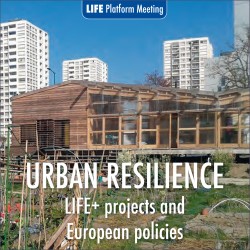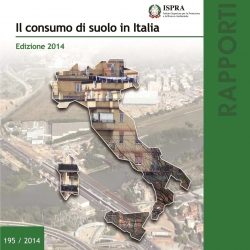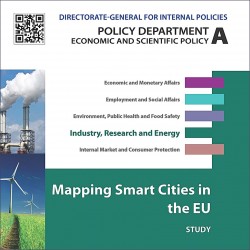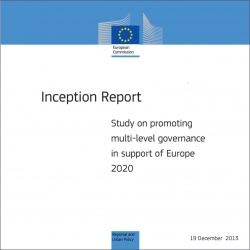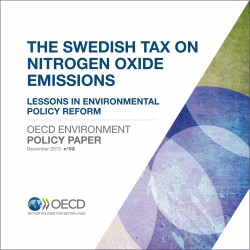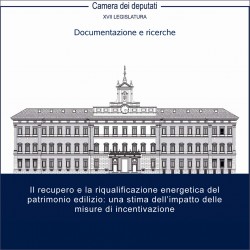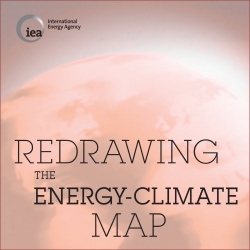LIFE | PLATFORM MEETING
APRILE 2014
Summary report.
《Urban resilience can be defined as the ability of an urban territory/community exposed to hazards such as Climate Change, disaster, economic and social poverty, to resist, absorb, accommodate to and recover from these. A resilient approach addresses the following stakes:
– Reduction of the environmental impacts of the cities/territories (pollution/wastes)
– Mitigation/Adaptation to climate change
– Answer to economic and social issues … 》
